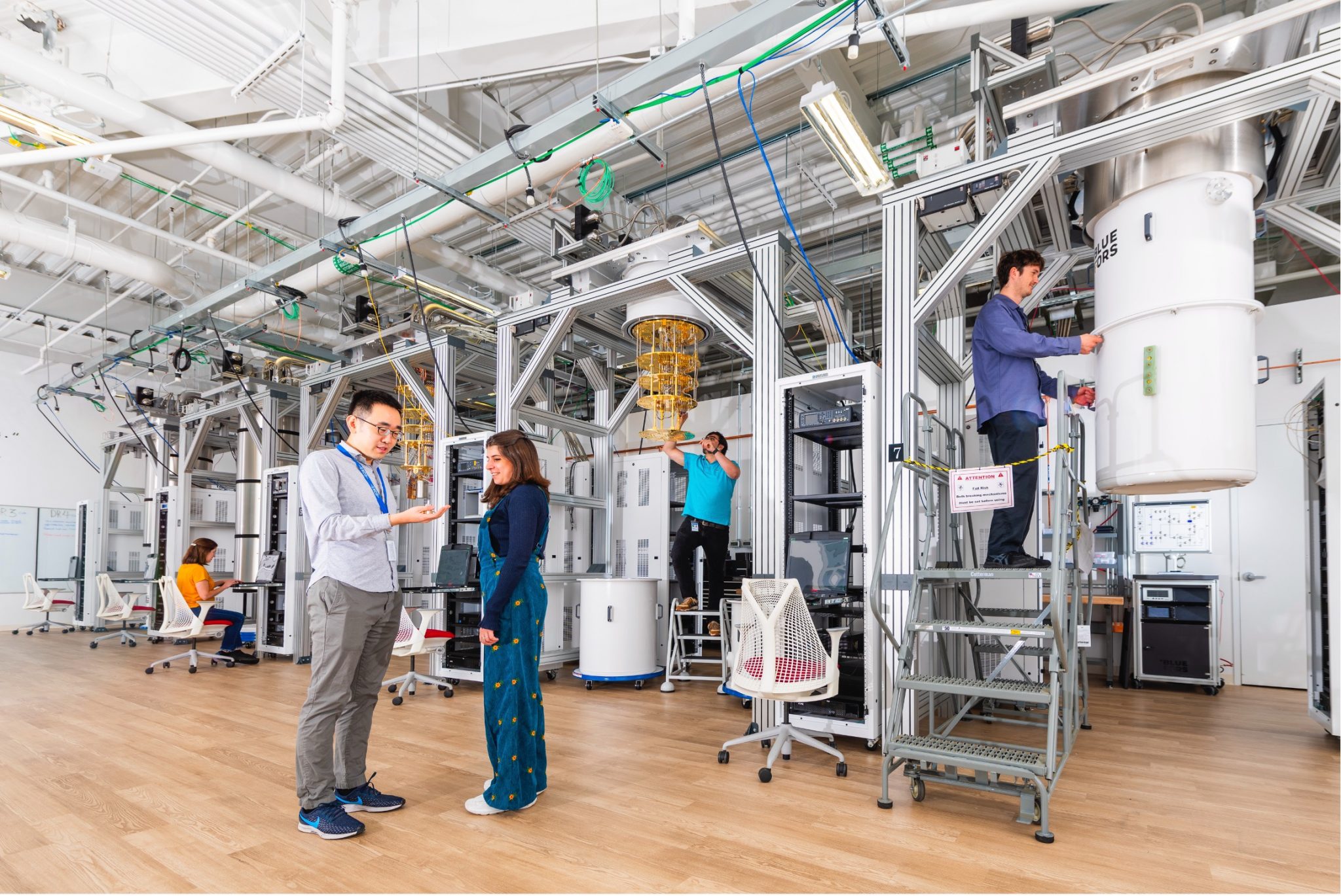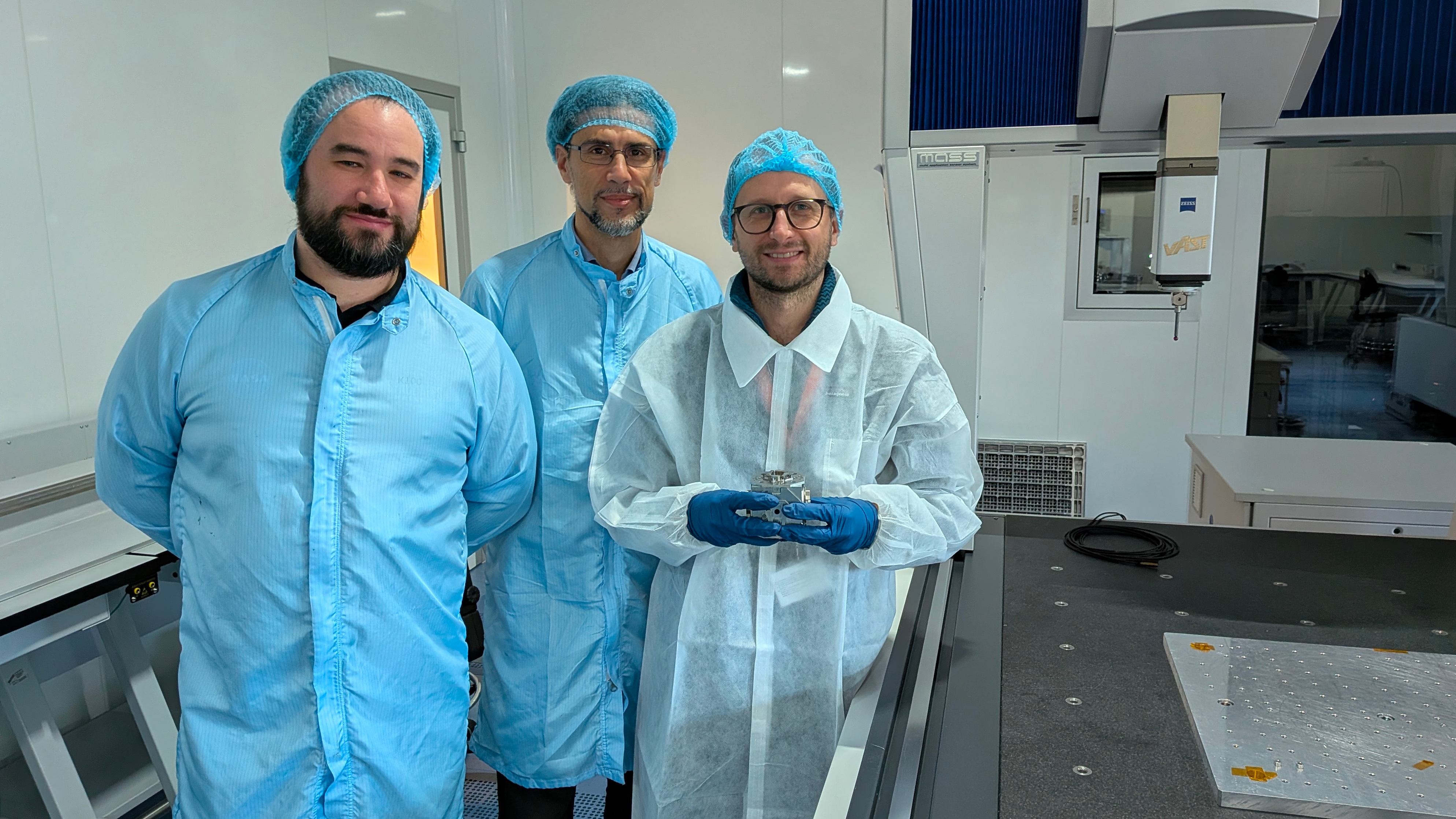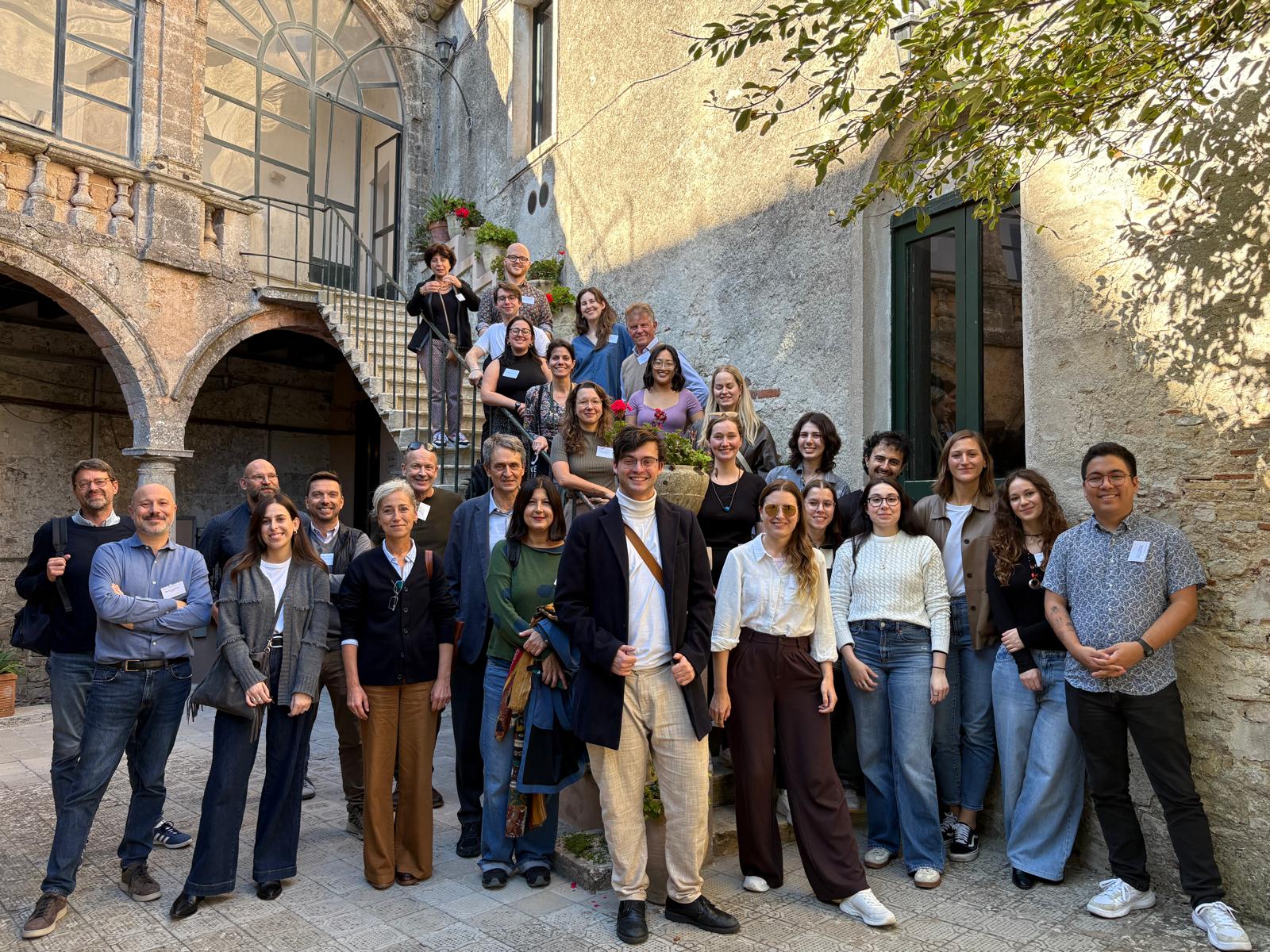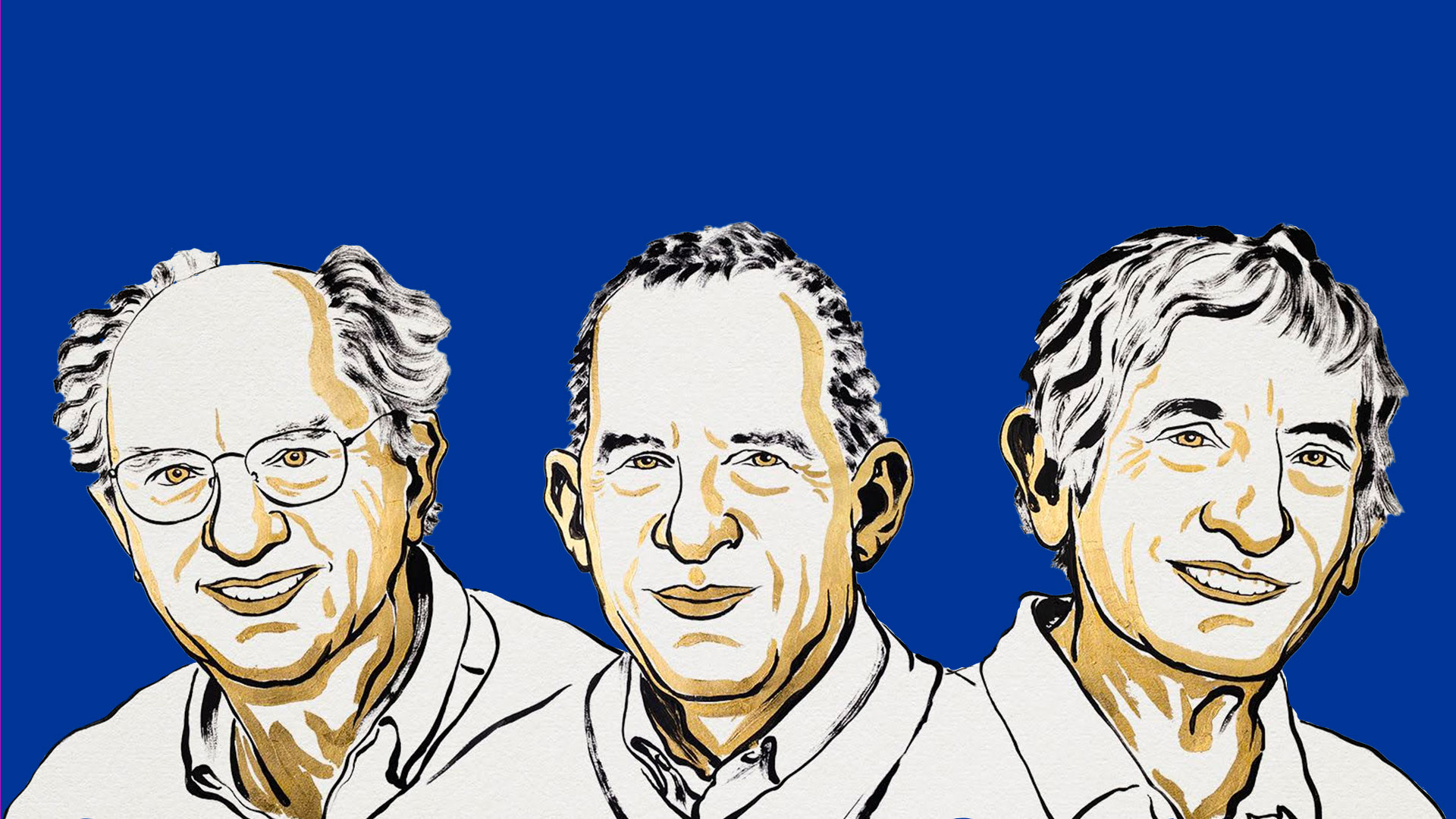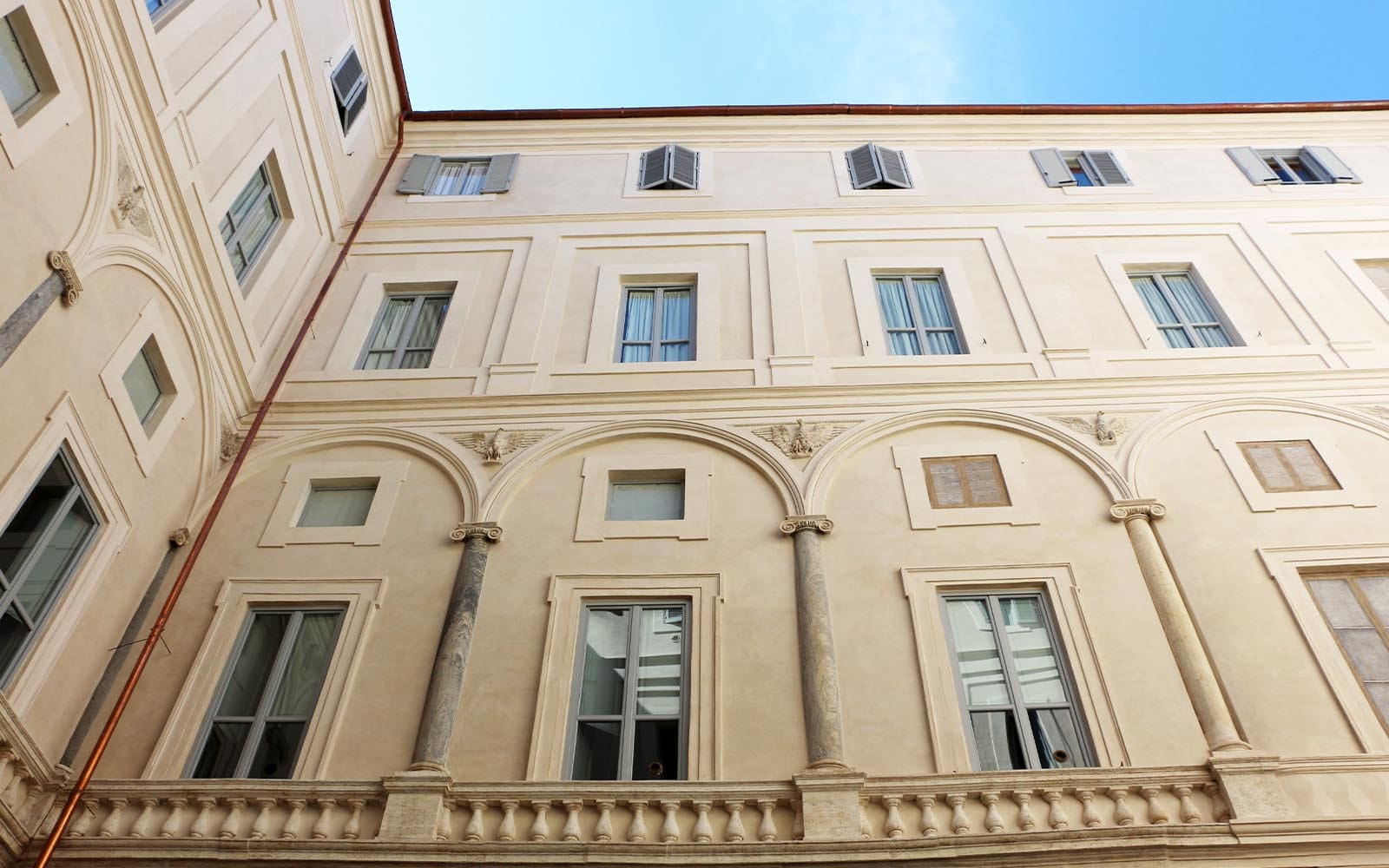The process leading to the identification of the site, or sites, where the next-generation gravitational wave detector Einstein Telescope will be built is underway, and now, in addition to the two previously proposed sites, the Italian one in Sardinia and the Belgian-Dutch one in the Meuse-Rhine Region, the German site in Lusatia has joined the competition.
Following the most recent meeting last June, the Board of Governmental Representatives (BGR) of the Einstein Telescope confirmed that the site in Lusatia, Saxony, is now officially part of the competition to host the Einstein Telescope research infrastructure. Discussions with the Lusatia working group had already been ongoing for some time, and this confirmation from the BGR, which follows the region’s earlier expression of interest in applying, represents the formal step.
Christian Stegmann, Head of Astroparticle Physics at the DESY research centre, will lead the group in charge of the Lusatia candidacy. The group will work on studies and preparatory activities needed to support a potential proposal to host the Einstein Telescope in the region. These activities include studies of the subsoil, economic impact and overall feasibility, the formation of a hosting consortium, and the search for funding and support at local, regional, and national levels. As with the other candidate sites, the Lusatia group will examine both geometries currently under consideration for the detector: the triangular and the L-shaped configurations. “We are very pleased that Lusatia is officially recognised as a candidate site for the Einstein Telescope”, commented Stegmann. “We are now studying the geological data and existing information on this area, while new surveys are being carried out. This will allow us to contribute solidly to the European process.”
The inclusion of Lusatia, in Germany, thus brings the total number of candidate sites to three, and all three regions are working on comparable preparatory and feasibility studies supported by regional and national governments.
What this new development means for the Einstein Telescope project is explained by Fernando Ferroni and Andreas Freise, Directors of the Einstein Telescope Organisation (ETO): “It is very encouraging to see that three regions consider hosting the Einstein Telescope an interesting opportunity”, emphasised Freise, “not only for science, but also for regional and national development.” “Certainly, there is competition, but it is in the project’s best interest to find the best possible site for the Einstein Telescope”, added Ferroni. “We now have three serious candidates: a very positive development.”
